Looting of the sea: the great sand theft – ABC
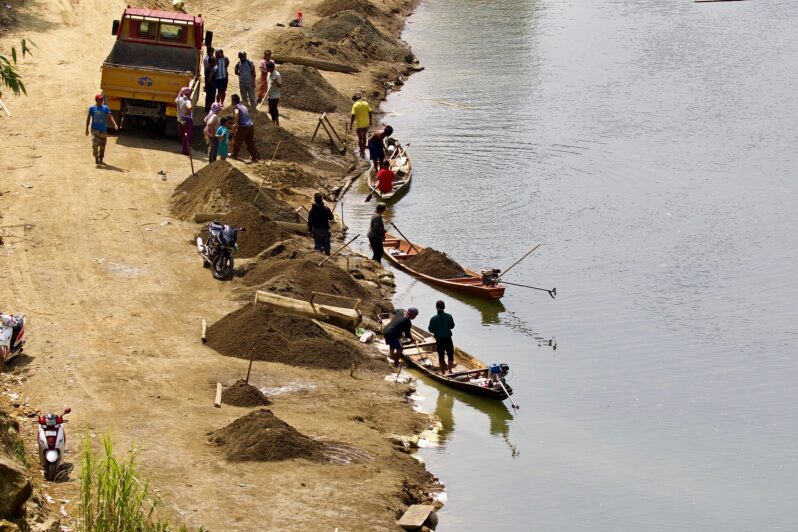
It is the most demanded raw material after water. It is used to make concrete, chips, detergents, paints… and even artificial islands. The big cities are hungry for sand and to satisfy it, the world’s beaches are being plundered….
Women against the grain – Beneath the Sands ERC
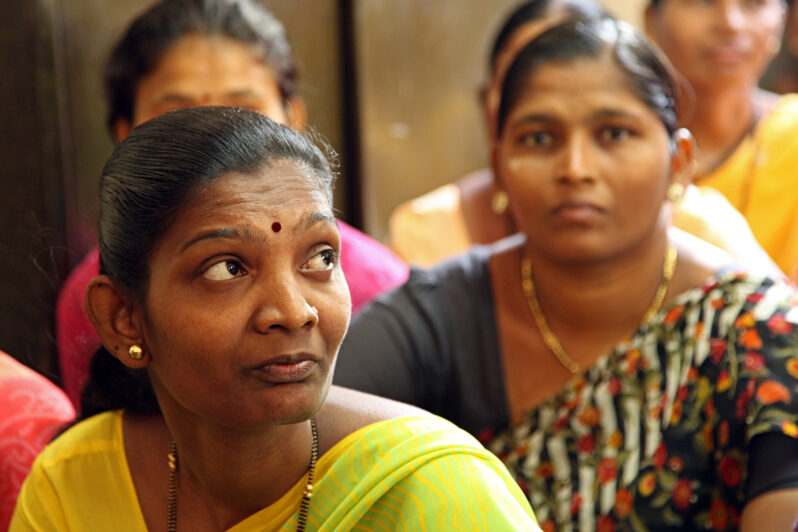
Women in Cambodia, India, Kenya and Indonesia share how they are on the frontlines in the resistance against powerful sand mining operations in their communities.
In a trade that is dominated and driven by men, women often bear the burden of the negative social and environmental impacts from sand mining activities across the world. This is evident in much of our reporting on the global industry. As is common with many environmental issues we face today, we feel that the disproportionate burden to women is a heavily underreported issue…
Beneath the Sands Series – the Environmental Reporting Collective
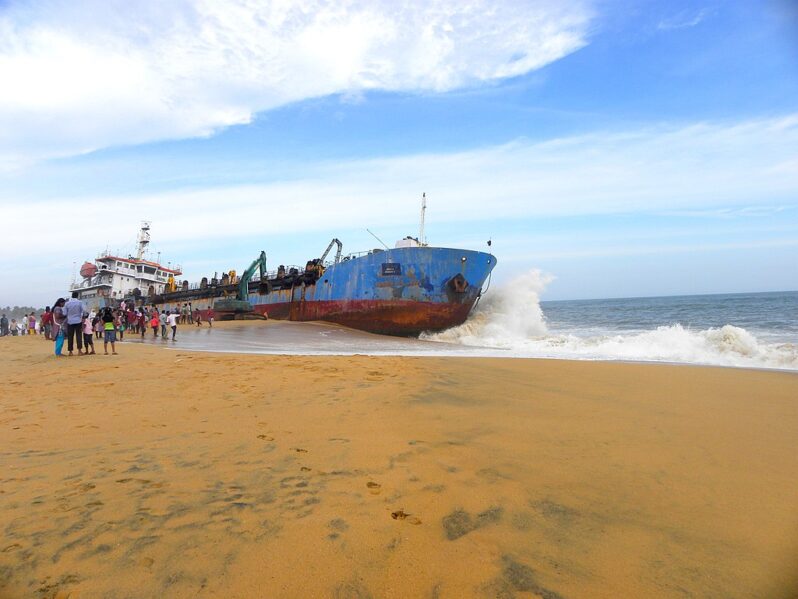
The greed for grains of sand comes at an ecological disaster and fatal human cost; murders and other associated crimes which have taken a toll on poverty-stricken communities, particularly women.
The ERC investigation, Beneath the Sands, exposes how greed for grains of sand comes at a fatal human cost: As cities rise in number and countries urbanize rapidly, sand mining-related murders and other associated crimes have taken a toll on poverty-stricken communities…
A Thirst for Sand – Mekong Eye
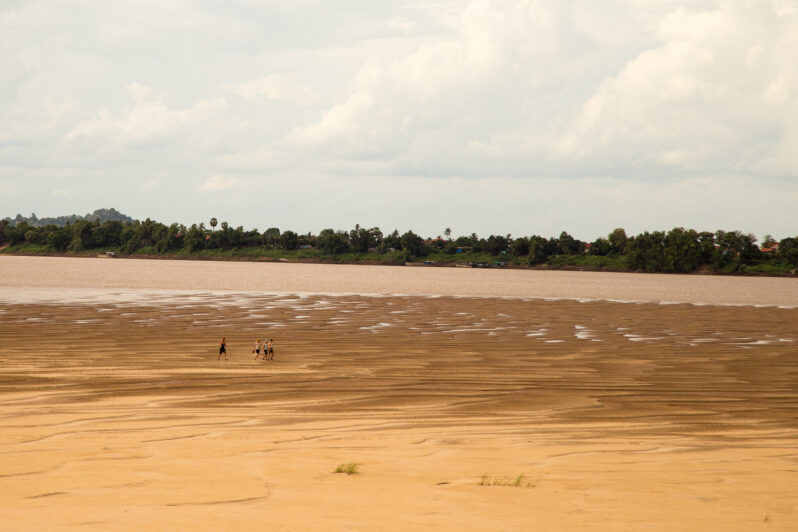
The rising demand for sand to resume post-pandemic growth drives unregulated and illegal sand mining in the Mekong River, where people living along its banks have lost their houses and fortunes to severe erosion.
One October morning in Vietnam’s Dong Thap province, 72-year-old Nguyen Thi Cam sat on the banks of the Mekong River, staring at dredgers hoovering up sand in the distance.
“My house was over there before,” she said, pointing to a raft floating about 50 meters from the riverbank…
Cambodia’s insatiable appetite for river sand – Mekong Eye
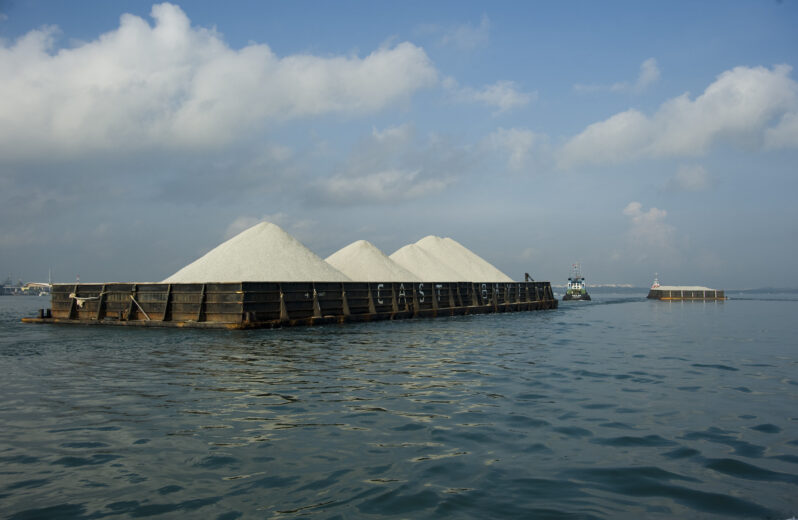
The high level of corruption in Cambodia undermined the public’s trust in the government’s regulations on the sand mining industry.
Sor Sok Lang, a resident of Ta Ek commune in Kandal province, 40 kilometers from Cambodia’s capital Phnom Penh, has thought about leaving her house on the banks of the Mekong River – where she watches her land get eaten up by the river every year…
Lost Lands: Mining the Mekong – the South China Morning Post Films
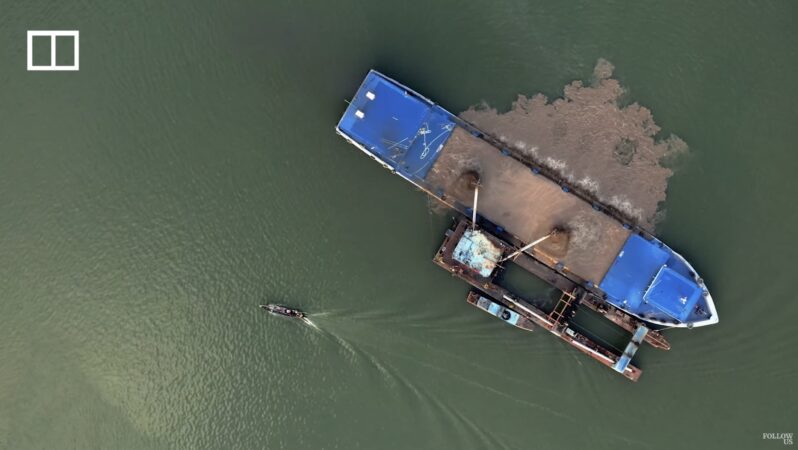
Cambodia’s appetite for sand has exploded as construction continues to fuel economic growth in the capital Phnom Penh. But as the thirst for sand grows, so does the uncertainty over the future of the river. Two families who rely on the river for a living share their stories of how sand dredging is causing pain and concerns for the future.
Mining the Mekong: Land and livelihoods lost to Cambodia’s thirst for sand – MONGABAY
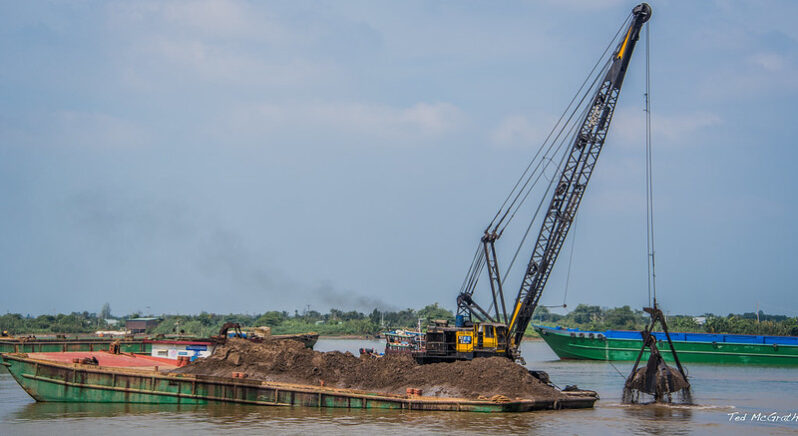
“We would argue that sand mining is having as big, if not a bigger impact on the delta and Cambodian reaches. It’s been shown to be the biggest driver of saline intrusion in the delta, and resulting in enhanced bank erosion more so than hydropower,”
– Chris Hackney (University of Newcastle), Julian Leyland and Steve Darby (University of Southampton)
